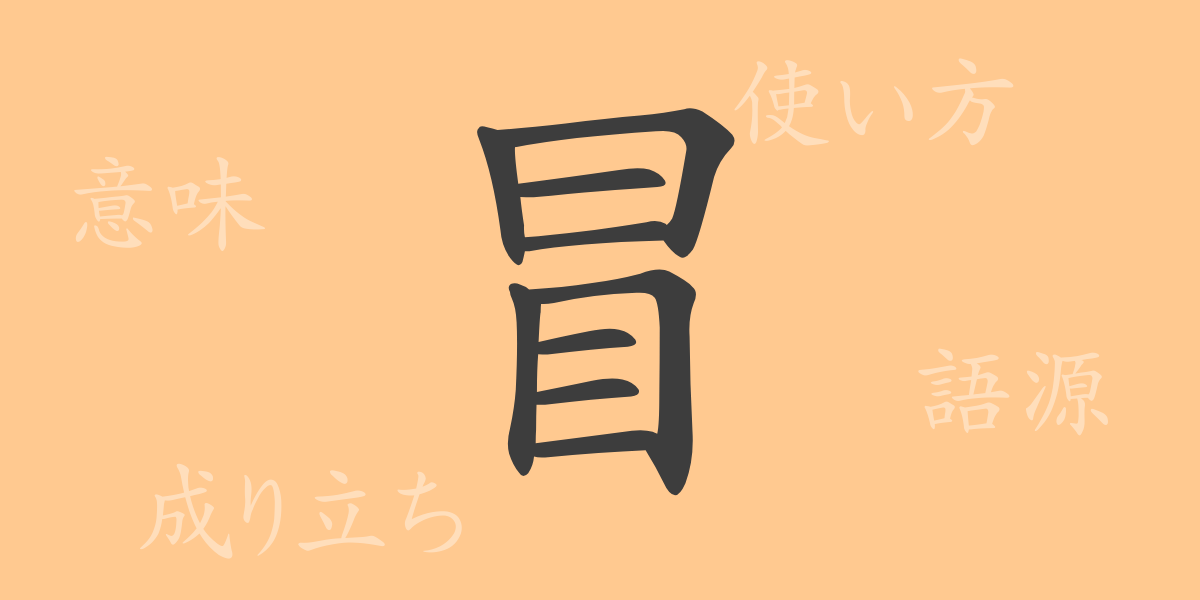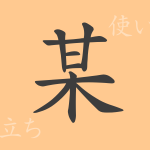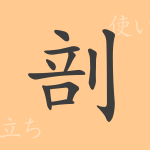Japanese writing culture is profound, with Kanji (かんじ) at its core. Each character conveys meanings and histories that transcend words. Today, we spotlight the commonly used Kanji “冒” (ぼう), which you may see frequently in daily life but might not know much about its origins or details. Let’s delve into its charm.
Origins of 冒 (ぼう)
The Kanji “冒” (ぼう) can be traced back to ancient Oracle Bone Script. Its shape originally depicted a person wearing a hat, combining the element “冖” (べきかんむり), which means “head,” and “目” (め), which means “eye.” This combination signified “covering the head,” which later evolved to mean “to proceed without regard for danger.”
Meaning and Usage of 冒 (ぼう)
The Kanji “冒” (ぼう) carries the connotation of proceeding despite danger or covering something. Specifically, it is often used in words like “冒険” (ぼうけん, adventure) and “冒頭” (ぼうとう, beginning), which mean “challenging unknown dangers” and “the start of a text or speech,” respectively. As a verb, “冒す” (おかす) is used in phrases like “リスクを冒す” (りすくをおかす, to take a risk) or “名誉を冒す” (めいよをおかす, to defame).
Readings, Stroke Count, and Radical of 冒 (ぼう)
Here are the readings, stroke count, and radical information for the Kanji “冒” (ぼう):
- Readings: On’yomi (おんよみ) is “ボウ” (ぼう), Kun’yomi (くんよみ) is “おかす” (おかす)
- Stroke count: 9 strokes
- Radical: 冖 (べきかんむり)
Idioms, Proverbs, and Expressions Using 冒 (ぼう)
There are numerous idioms, proverbs, and expressions that include “冒” (ぼう), each with its unique meaning and nuance:
- 冒険 (ぼうけん): Challenging the unknown.
- 冒頭 (ぼうとう): The beginning of a text or speech.
- 名を冒す (なをおかす): Using someone else’s name without permission.
- 風雨を冒す (ふううをおかす): Proceeding in bad weather.
- 冒涜 (ぼうとく): Disrespecting something sacred.
Conclusion on 冒 (ぼう)
The Kanji “冒” (ぼう) has evolved in shape and meaning throughout history. Today, it is often used in positive contexts like adventure, but it also appears in negative expressions like defaming someone’s name. Understanding the diverse aspects of a single Kanji can deepen your appreciation of the Japanese language. By exploring the Kanji you use daily, you can connect with the culture and history behind the words.

























